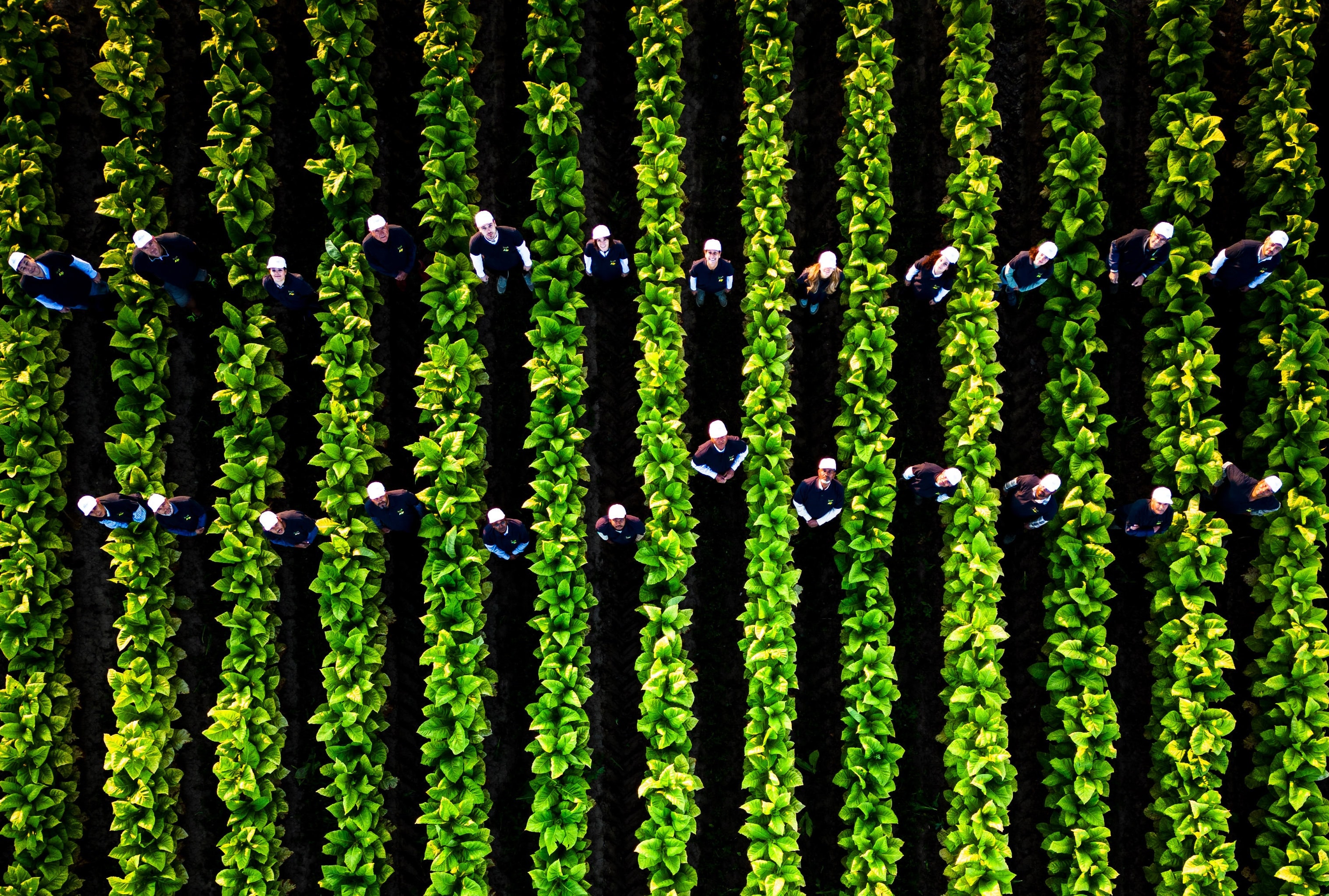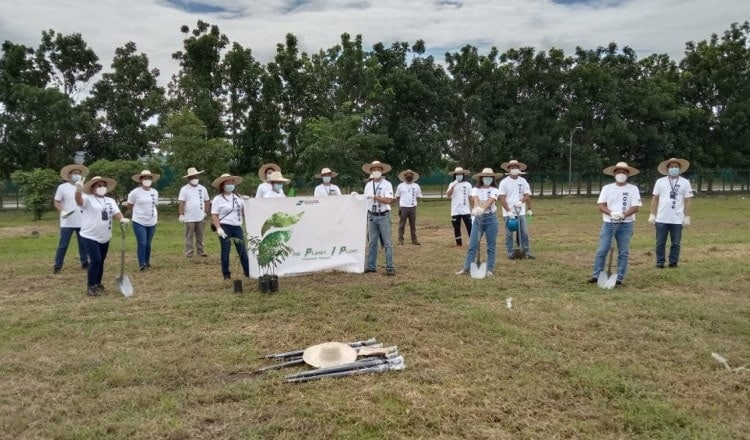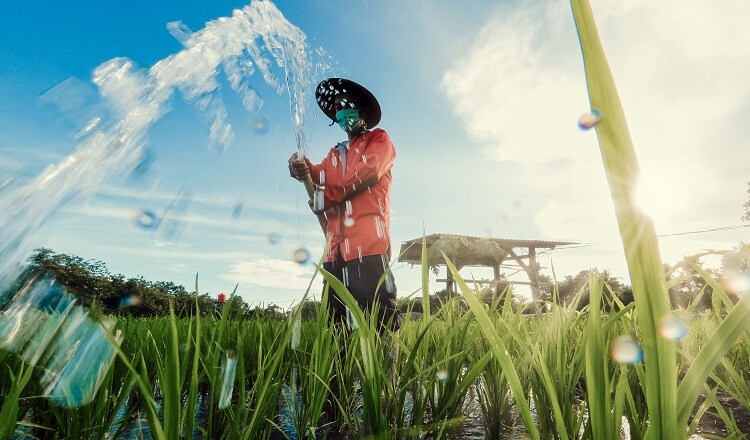Fostering water stewardship helps us mitigate our environmental impact and contribute to the sustainability of our operations. Water stewardship means reducing water use through efficiency measures, promoting water recycling, protecting watersheds, preventing water pollution, enhancing recharge, and promoting sustainable water management in collaboration with stakeholders.
PMI’s ambition is to preserve water resources and respect its natural cycle while also providing benefits to biodiversity and local communities, as well as helping mitigate climate change, with the aim of having a positive impact on water resources by 2033. Promoting water stewardship is a key action to build resilience in watersheds, in our direct operations and across our tobacco and raw materials supply chain.
To be impactful, we focus our efforts on understanding water-related risks and addressing them, engaging with stakeholders to scale successful solutions, and leveraging a science-based approach that follows robust methodologies and implementation tools to ensure the effectiveness of our interventions.
This case study delves into PMI's innovative initiatives and collaborations aimed at enhancing water management practices and promoting conservation efforts across its supply chain in the Italian market. PMI has a relevant footprint in Italy, with direct operations and sourcing activities. We operate in Italy through two entities:
- Philip Morris Italia S.r.l. (PM IT): which is based in Rome and with an operational office in Umbria, and manages the sourcing of raw tobacco grown in the country and the wholesale distribution of smoke-free and combustible tobacco products; and,
- Philip Morris Manufacturing & Technology Bologna S.p.A. (PM MTB), headquartered in Bologna and it is dedicated to the prototyping and large-scale production of smoke-free product consumables.
From tobacco fields to factory production, we seek to work closely with stakeholders to promote sustainable water management in Italy.
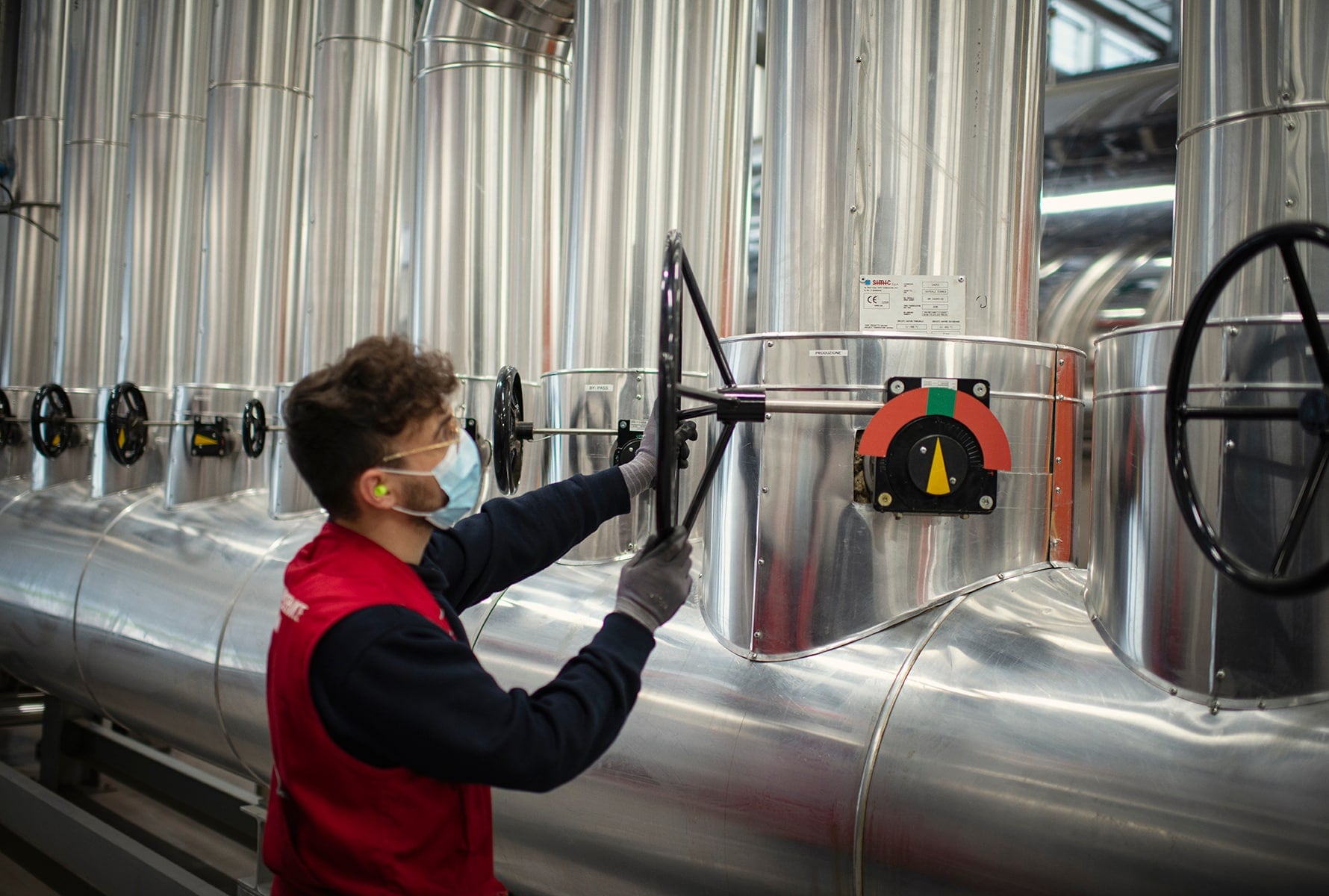
Improving water resource management at PMI MTB factory
The certification of our manufacturing facilities to the Alliance for Water Stewardship (AWS) Standard is a key component of our global efforts to promote sustainable water management and stewardship. The AWS Standard is “a global framework for major water users to understand their water use and impacts, and to work collaboratively and transparently for sustainable water management within a catchment context”1. The PM MTB’s Crespellano plant achieved the AWS Core level certification in 2019, followed by a Gold2 level certification in 2021. Together with the implementation of ISO 14001 certification, AWS is the result of a long journey delivering impactful interventions at the plant and catchment level resulting in improved water efficiency rates.
Responsible water management at our factory
PM MTB promotes water reuse at its facility, increasing the efficiency of water use and maximizing the recovery of discharged water. The implementation of water saving and recycling technologies, along with fine-tuning water use practices and monitoring activities, have led to a reduction in potable water consumption at the site and, consequently, a reduced impact.
We reduced water use by 54 percent between 2018 and 2023 by reducing water intensity (i.e., the amount of water per unit of product produced) per million cigarettes equivalent.
At the Crespellano plant, wastewater is treated at an on-site treatment plant and, since 2018, a reverse osmosis system helps to reuse water to support production, boilers, and cooling towers. In 2023, PM MTB's 100% of the treated wastewater was recycled internally within the factory resulting in 33 percent of its total water use. These measures resulted in savings of approximately 145,000 m3 of water during the year, thereby improving water use efficiency throughout the manufacturing process, reducing freshwater consumption, and minimizing plant exposure to water-related risks.
Contributing to collective action stewarding water
Water is a renewable, yet finite resource shared by all. As such, stakeholder engagement and involvement in community-based initiatives are essential in our approach to address water-related challenges. In this section, we provide some examples of our work to foster partnerships and collective action to advance water stewardship in Italy.
In 2020 and 2021, PM MTB, in partnership with Landeres APS, a local non-for-profit organization, supported a regeneration project in the Samoggia riverfront aimed at enhancing biodiversity and evaluating the community well-being in the area. The activity resulted in the creation of a comprehensive plan that organizes and prioritizes the renewal of spaces along the river to improve and increase public access and ecological connectivity. Specifically, the plan identifies interventions that can promote ecological rebalancing, community well-being, environmental education, and connectivity with the agricultural landscape. In close collaboration with local institutions and civil society, we also implemented a pilot that included a renaturalization project along the river, and the regeneration of the Samoggia riverfront, supplementing it with social, environmental, and educational functions.
Another example is our collaboration with the WE ARE COB association. Together, we launched Youtube video tutorials to create “do it yourself” rainwater collection tanks for use in domestic or community gardens. Further, our partners from WE ARE COB held practical demonstrations open to the public, showing how to install the tanks.
In addition, in October 2023, PM MTB representatives participated in ACCADUEO, an international event dedicated to the water industry. At the event, our team shared water-related learnings and best practices; they hosted different workshops focused on the use of water resources in production activities (and the importance of process innovation in that context) and the value of the water resources for businesses.
PM MTB also sponsored seven international startups that offer high-tech solutions for water management, to attend and present their initiatives at the event.
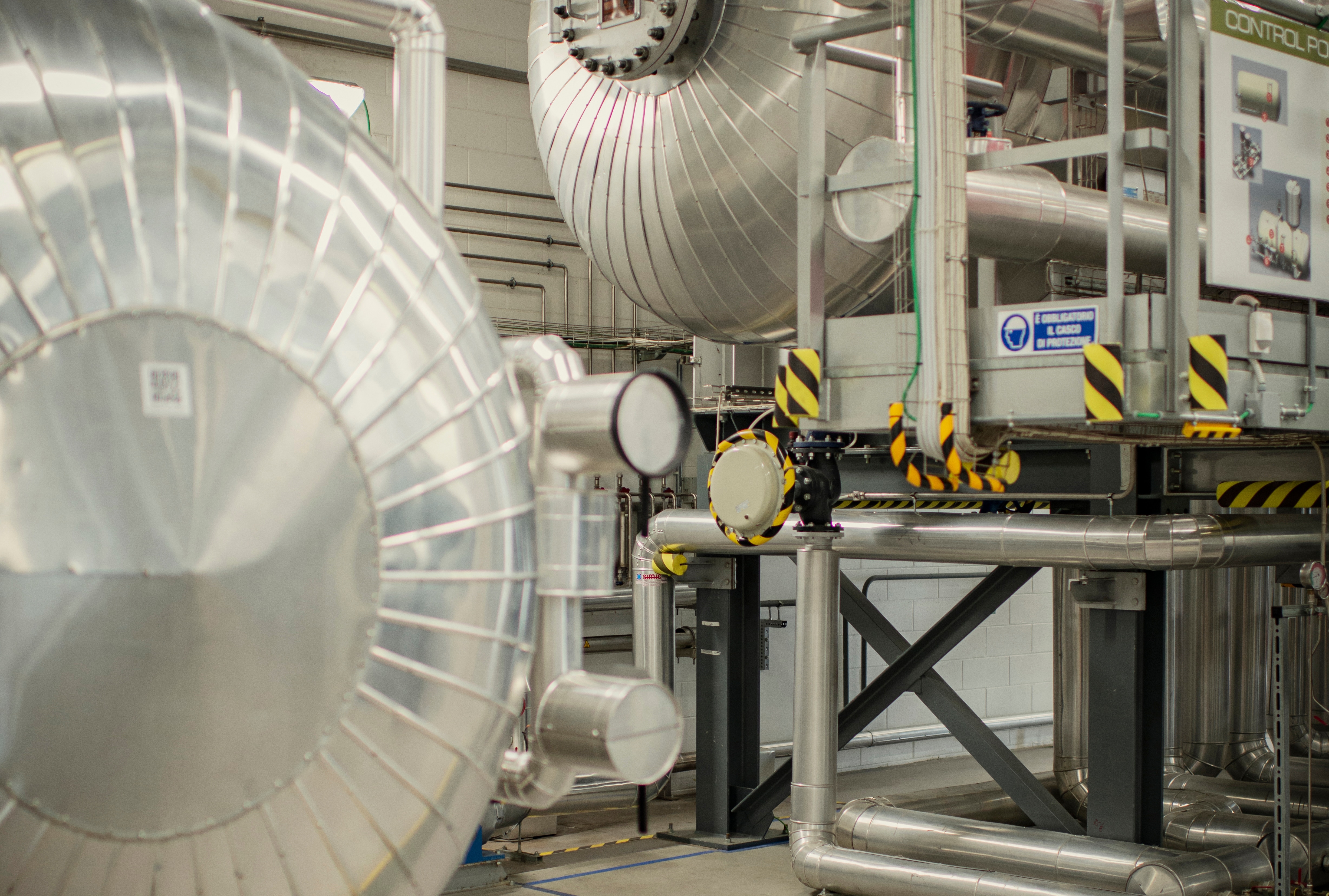
Water in the tobacco supply chain - Precision Irrigation on Tobacco
Water is essential to growing the tobacco used in our products. Our Leaf teams in PMI IT promote the production of tobacco grown under conditions that protect the environment and allow for sustainable harvests, and the application of Good Agricultural Practices, which PMI has applied since 2002.
For more than a decade, PM IT has been focusing increasingly on sustainable water management across Italy’s tobacco-growing areas where farmers are located, mainly in the Veneto, Umbria, Campania regions. It does this by consistently monitoring water consumption in irrigation, conducting assessments of potential impacts in watersheds, and deploying water stewardship initiatives.
Improving water use efficiency at the farm level is essential to tackling shared watershed challenges faced by stakeholders within and outside of PMI’s value chain. Analyzing water use aims to help increase water-use efficiency, in terms of volume and during stress periods, and water optimization volumes3, which consequently contributes to PMI’s global aspiration to optimize 25 million cubic meters in its tobacco supply chain by 2033.
PMI IT has carried out numerous irrigation efficiency and smart irrigation initiatives in tobacco growing areas which implement the use of advanced and precise technology. One example is the use of fertigation by all the contracted farmers in Veneto and a significant proportion of them in Umbria and in Campania, which optimizes the intake of water and nutrients by the crop and ensures appropriate water availability, which mitigates crop stress.
To evaluate risks related to the use of water resources considering internal and external factors, PM IT in partnership with local stakeholders (suppliers and farmers), conducted local water risk assessments in its tobacco growing areas in Italy. The purpose of these assessments was to evaluate the risk related to the use of irrigation resources, considering both internal and external factors of the supply chain, therefore the activities and good practices already in place within the supply chain. The results from our risk assessments are key for developing strategy responses to risk, prioritizing the activities that contribute to our tobacco supply chain’s water optimization target by 2033.
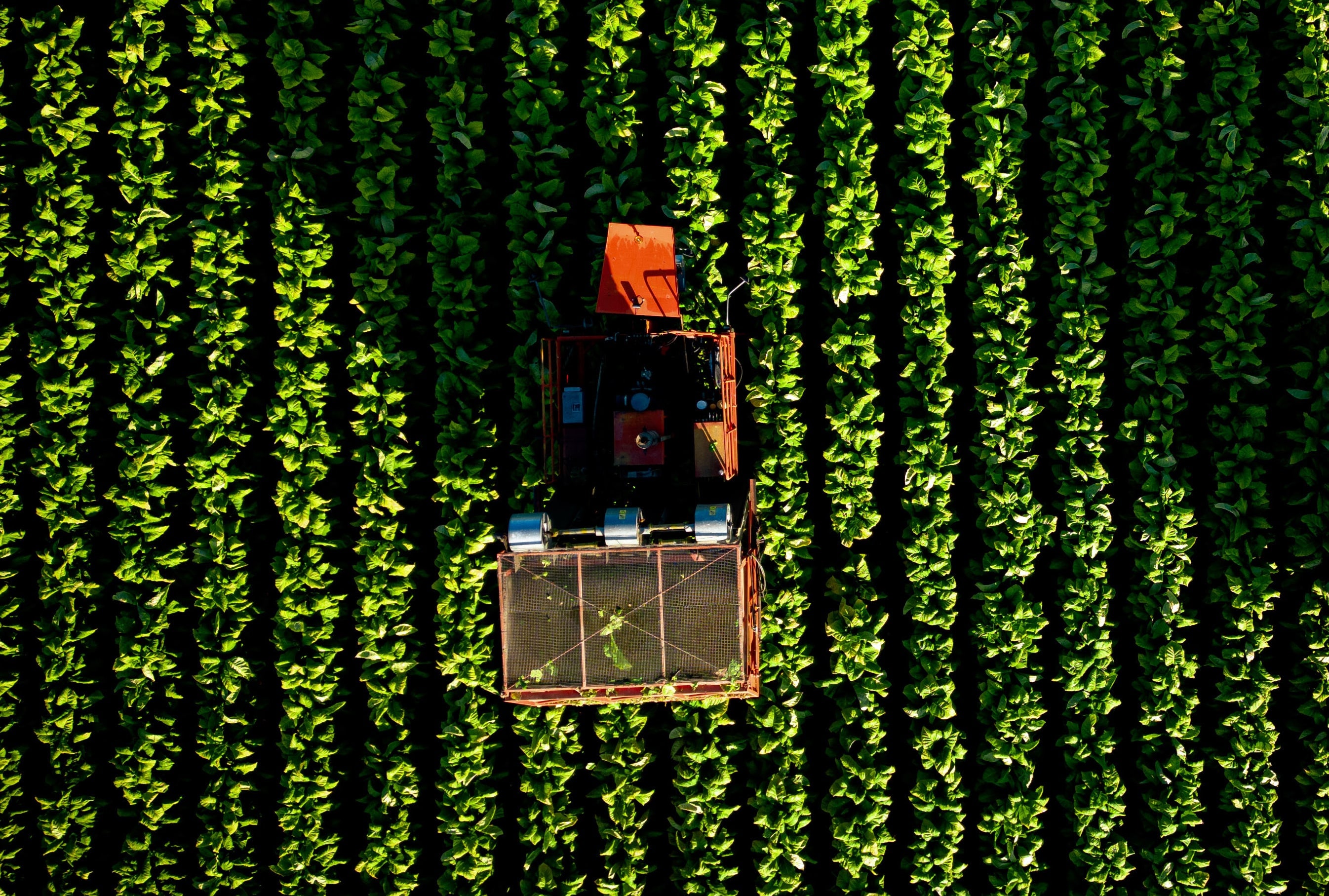
Leveraging technology for optimal management of water resources
PM IT has been continuously exploring and implementing projects aimed to increase farm irrigation efficiency in tobacco growing areas, involving a variety of experts and technology partners to mitigate the assessed risk of baseline water stress in tobacco-growing area watersheds.
For example, PM IT has been running projects with start-ups and other agro-tech partners with the purpose of:
- Testing different decision-support systems to guide on efficient use of available water, limit crop stress and ensure quality and good yield. Such smart systems use different sensors, algorithms and technologies aiming to provide farmers irrigation advice that is updated continuously based on the soil moisture and other environmental factors; and,
- Exploring new materials and field practices for fertigation operations to optimize resources and minimize environmental impacts.
To accelerate scouting innovative agri-tech solutions, PM IT launched a Call for Innovation in 2019, under the name “BeLeaf: Be The Future” which arrived at its third edition in 2023, targeting startups and small-medium enterprises with innovative solutions applicable to the full tobacco process cycle, including smart irrigation solutions. On its second year, in 2022, PM IT launched a new trial to test innovative cosmic ray technology to measure soil moisture and provide farmers key technical information to properly define daily irrigation water volumes.
Looking ahead
This case study exemplifies PMI's dedication to water stewardship. It displays PMI’s initiative-taking stance to tackle environmental challenges and advance sustainability solutions throughout its value chain. Innovation and stakeholder collaboration can generate positive change and significantly contribute to water conservation.
Moving ahead, we remain committed to prioritizing water stewardship to safeguard the quality and resilience of water resources respecting the natural cycle of water, while also providing benefits to biodiversity, fighting climate change, and supporting social impact.
1 Home - Alliance for Water Stewardship (a4ws.org)
2 There are three levels of AWS Standard certification that a site may achieve: Core, Gold and Platinum. Visit AWS Certification Requirements V3.1 - Alliance for Water Stewardship (a4ws.org) for additional information.
3 Optimizing water volumes means freeing up additional water volume versus business as usual, to make it available to all watershed water users.

